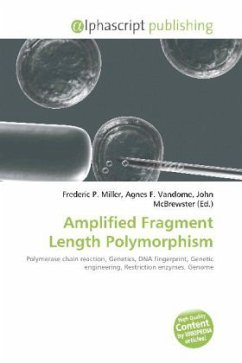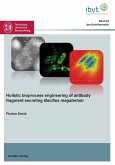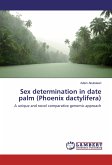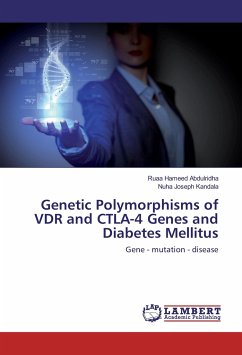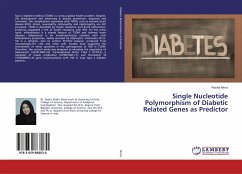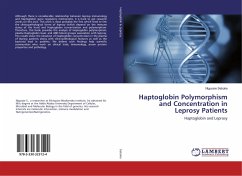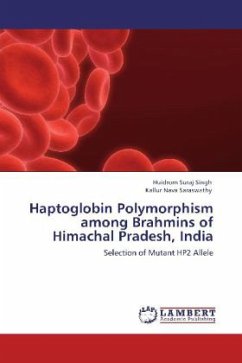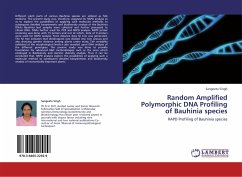High Quality Content by WIKIPEDIA articles! Amplified Fragment Length Polymorphism PCR is a PCR-based tool used in genetics research, DNA fingerprinting, and in the practice of genetic engineering. Developed in the early 1990u2019s by Keygene, AFLP uses restriction enzymes to digest genomic DNA, followed by ligation of adaptors to the sticky ends of the restriction fragments. A subset of the restriction fragments is then selected to be amplified. This selection is achieved by using primers complementary to the adaptor sequence, the restriction site sequence and a few nucleotides inside the restriction site fragments. The amplified fragments are visualized on denaturing polyacrylamide gels either through autoradiography or fluorescence methodologies. AFLP-PCR is a highly sensitive method for detecting polymorphisms in DNA. The technique was originally described by Vos and Zabeau in 1993.
Bitte wählen Sie Ihr Anliegen aus.
Rechnungen
Retourenschein anfordern
Bestellstatus
Storno

